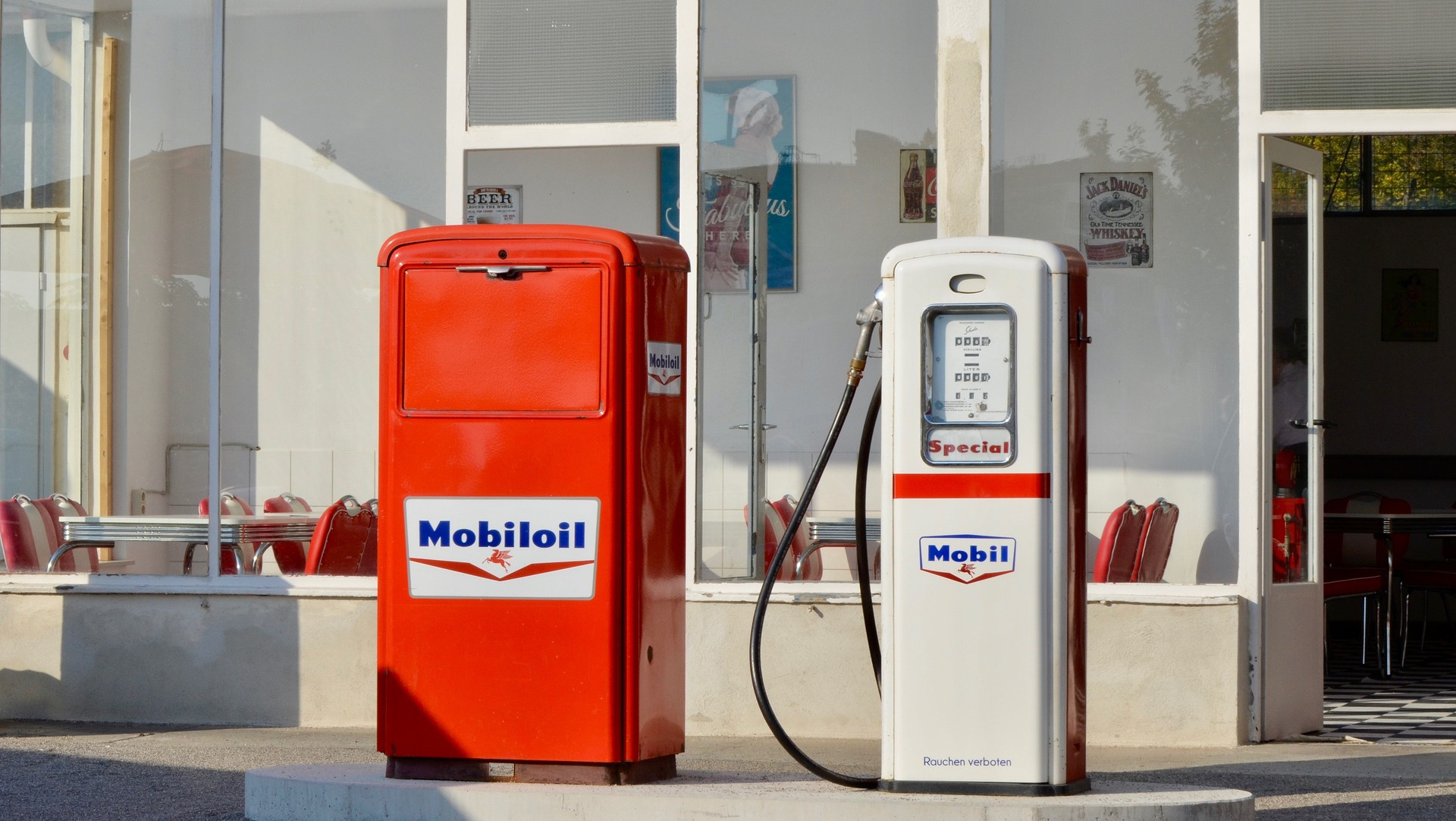Natural Remedies for Gas Relief
Gas, or flatulence, occurs when undigested food passes through the stomach, into the small intestine, and finally into the large intestine. In the large intestine, bacteria help process this food, producing gases such as methane, hydrogen, and hydrogen sulfide—the latter responsible for the unpleasant smell of passing gas.
While gas is a natural part of digestion, certain factors can exacerbate it, leading to discomfort, bloating, and even embarrassment. Common culprits include lactose intolerance, high-fiber foods like beans, cabbage, and broccoli, and high-fat diets. In most cases, gas is temporary, but regular or painful gas may indicate a more serious condition requiring medical attention.
Common Causes of Excessive Gas
- Swallowed air: Drinking carbonated beverages or chewing gum can increase the air swallowed, contributing to gas.
- Undigested carbohydrates: Foods rich in fiber, such as beans, cruciferous vegetables, and whole grains, can increase gas as they break down in the intestines.
- Lactose intolerance: Difficulty digesting dairy products due to a lactase enzyme deficiency often leads to gas and bloating.
- Certain medical conditions: Conditions such as irritable bowel syndrome (IBS), gastroesophageal reflux disease (GERD), and gastroparesis can lead to excessive gas.
Symptoms of Excess Gas
The most common symptoms include:
- Flatulence
- Belching
- Abdominal bloating
- Abdominal pain
While passing gas up to 14 times a day is considered normal, excessive gas can cause discomfort, bloating, and sometimes embarrassment. Luckily, several home remedies can provide fast and effective relief.
When to See a Doctor
If gas is accompanied by severe pain, bloating, or other symptoms like nausea, vomiting, or unexplained weight loss, it may indicate a more serious condition like IBS, GERD, or an infection. Consulting a healthcare provider for a proper diagnosis is essential in such cases.
Home Remedies and Natural Cures for Gas Relief
Parsley
Parsley has natural digestive properties that can help reduce gas and bloating. It works as a carminative, which helps soothe the digestive tract and prevent gas formation. Chewing on fresh parsley or adding it to meals can provide relief, or you can take parsley supplements for a more concentrated effect.
Ginger
Ginger is a time-tested remedy for digestive issues, including gas. It contains compounds that aid digestion and prevent gas buildup by stimulating bile production and promoting healthy intestinal movement. Drinking ginger tea, chewing on fresh ginger, or using a ginger supplement can offer quick relief from gas.
Garlic Herbal Supplement
Garlic has natural anti-inflammatory properties that aid digestion, but it can also be helpful for gas relief. Garlic supplements, taken regularly, can prevent gas from forming. Just be cautious if garlic itself causes gas for you.
Water and Lemon Juice
Drinking a glass of water mixed with organic lemon juice before meals can help stimulate digestion and reduce gas buildup. The acidity of lemon helps break down food in the stomach, preventing gas formation.
Ginger and Lime Juice Mixture
For a quick home remedy, mix a teaspoon of freshly grated ginger with a teaspoon of fresh lime juice and dilute it in 3/4 cup of water. Drink this after meals to aid digestion and reduce gas. Ginger and lime have digestive benefits that help alleviate gas and promote peristalsis (the muscle contractions that move food through the digestive tract).
Body Positioning
Simple changes in body positioning can help alleviate gas and abdominal pain:
- Left-side lying: This position allows gas to pass quickly through the intestines.
- Knees-to-chest: Lying on your back and pulling your knees to your chest can relieve gas pain and promote expulsion.
Exercise
Light exercise, like walking after meals or performing simple squats, can stimulate the digestive system and help release trapped gas. Physical activity encourages the natural movement of food through the digestive tract, reducing gas and bloating.
Dandelion Tea
Dandelion stimulates the digestive system and helps reduce gas and bloating by promoting the production of saliva, gastric juices, and bile. Make tea by steeping fresh or dried dandelion leaves in hot water for 10 minutes and drinking twice daily.
Dietary Changes to Prevent Gas
Preventing gas begins with dietary awareness. Avoid foods that produce excess gas, including beans, broccoli, onions, cabbage, and carbonated beverages. If you’re lactose intolerant, choose lactose-free alternatives or take lactase supplements with dairy. Slowly increasing fiber and plenty of water in your diet can also help your body adjust without excess gas production.
Colon Cleansing
A colon cleanse uses natural herbs like black walnut hulls, garlic, and grapefruit seed extract to remove built-up waste and toxins that contribute to excessive gas. Cleansing the colon can help restore balance to the gut microbiome, reducing bloating and gas over time.
Over-The-Counter Remedies
If natural remedies are not enough, there are many over-the-counter options to help manage gas:
- Lactase supplements: For those with lactose intolerance, lactase enzyme supplements can help break down lactose in dairy products and prevent gas.
- Alpha-galactosidase enzyme (e.g., Beano): This supplement helps digest the complex carbohydrates in beans, vegetables, and whole grains that often cause gas.
- Simethicone: Medications like Gas-X, Maalox Plus, and Mylicon contain simethicone, which breaks up gas bubbles in the stomach and intestines, providing fast relief.
- Activated charcoal: Charcoal tablets can absorb excess gas and reduce unpleasant odors.



